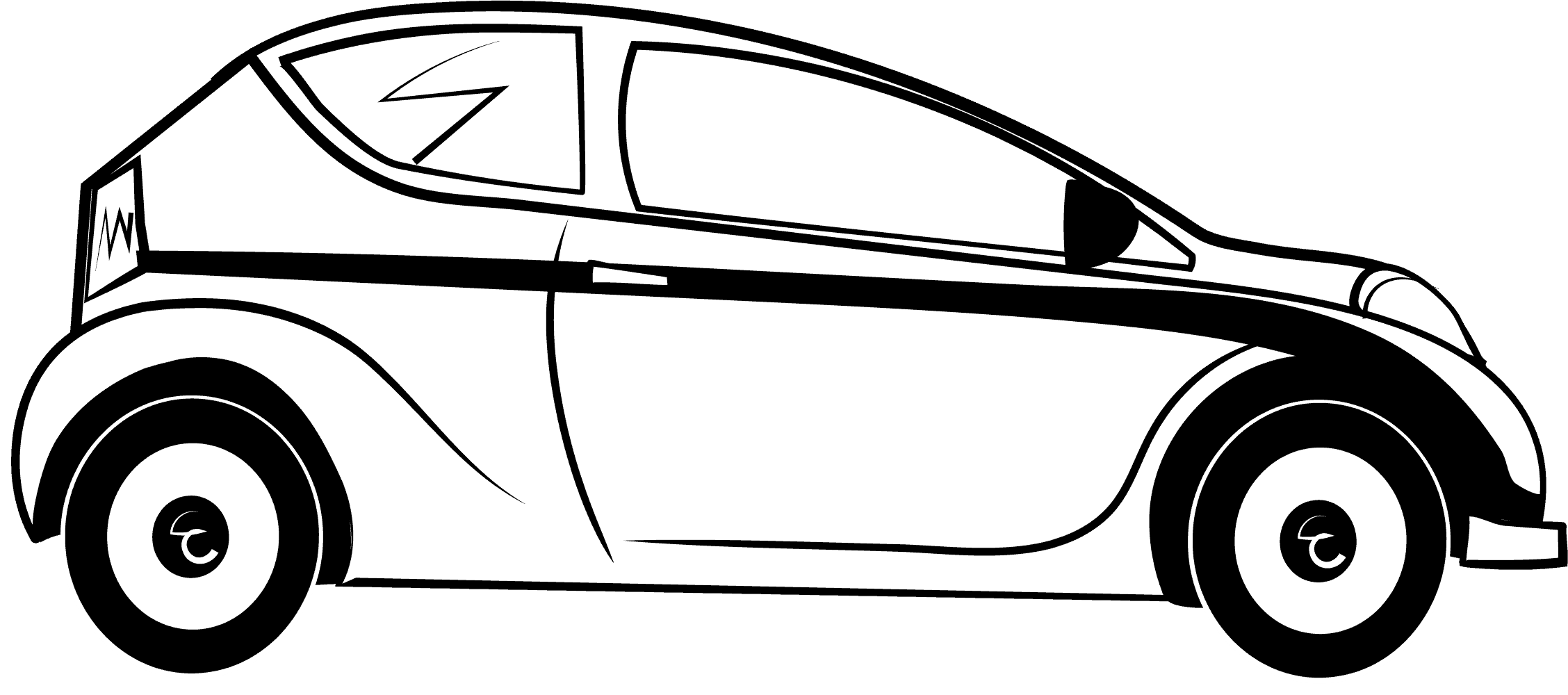What are your Options when your Car Finance Ends?
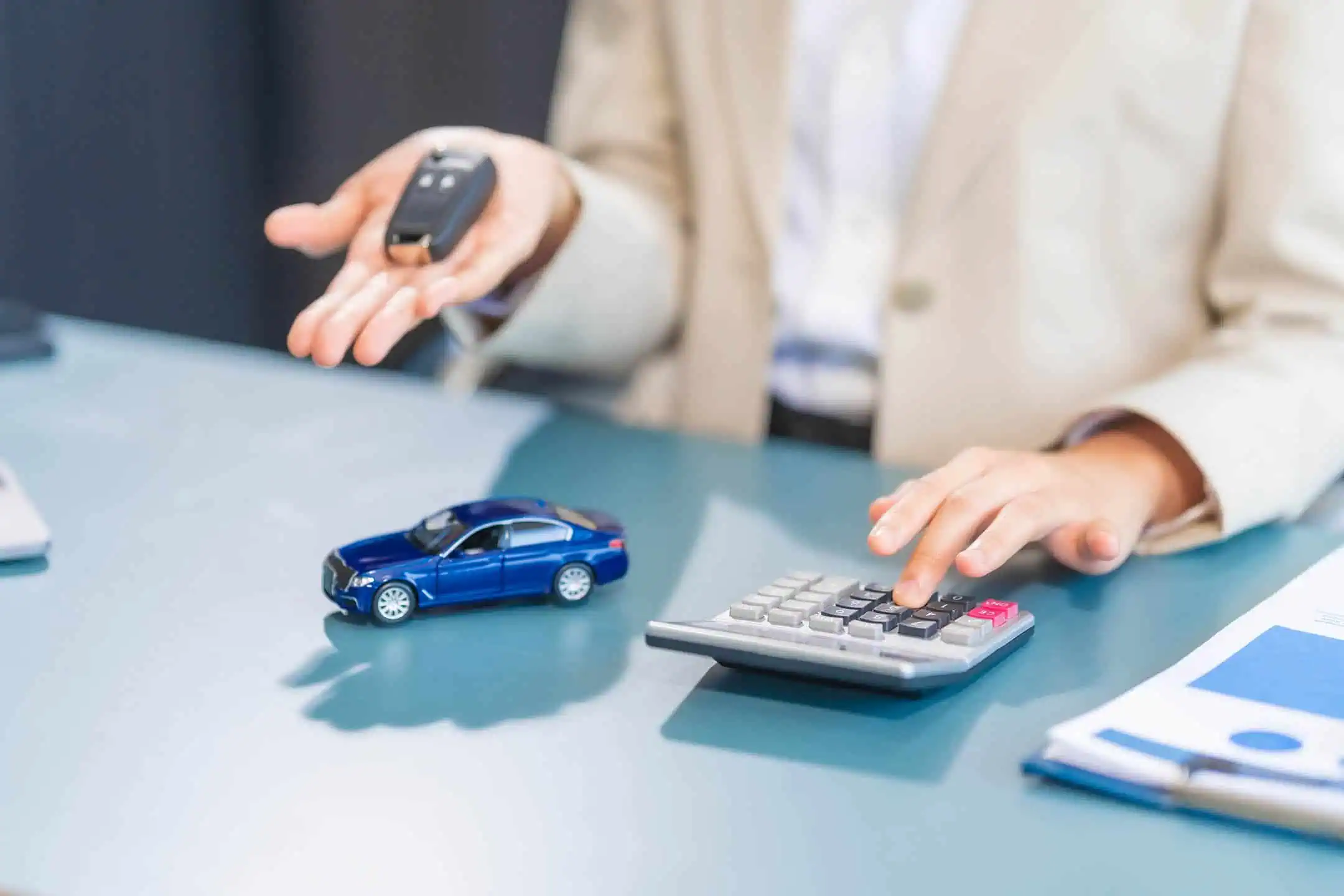
Reviewed & fact checked
By: Geoff Tooze - CEO
What happens at the end of a hire purchase (HP) agreement?
Congratulations! You’ve made your monthly repayments on time, every month, for up to six years, and now the end of your hire purchase (HP) loan is finally in sight. But what happens next?
HP is designed to lead to car ownership. When you reach the end of your HP agreement, assuming you’ve kept up with all your repayments, you’ll become the car’s legal owner. There may also be a small admin fee to pay, known as the Option to Purchase, which is usually between £100 – £300.
Keep in mind that you’ll only become the car’s legal owner once the loan is fully repaid; during your loan term, the car will technically belong to the lender, so you can’t modify it or sell it until your term has ended.
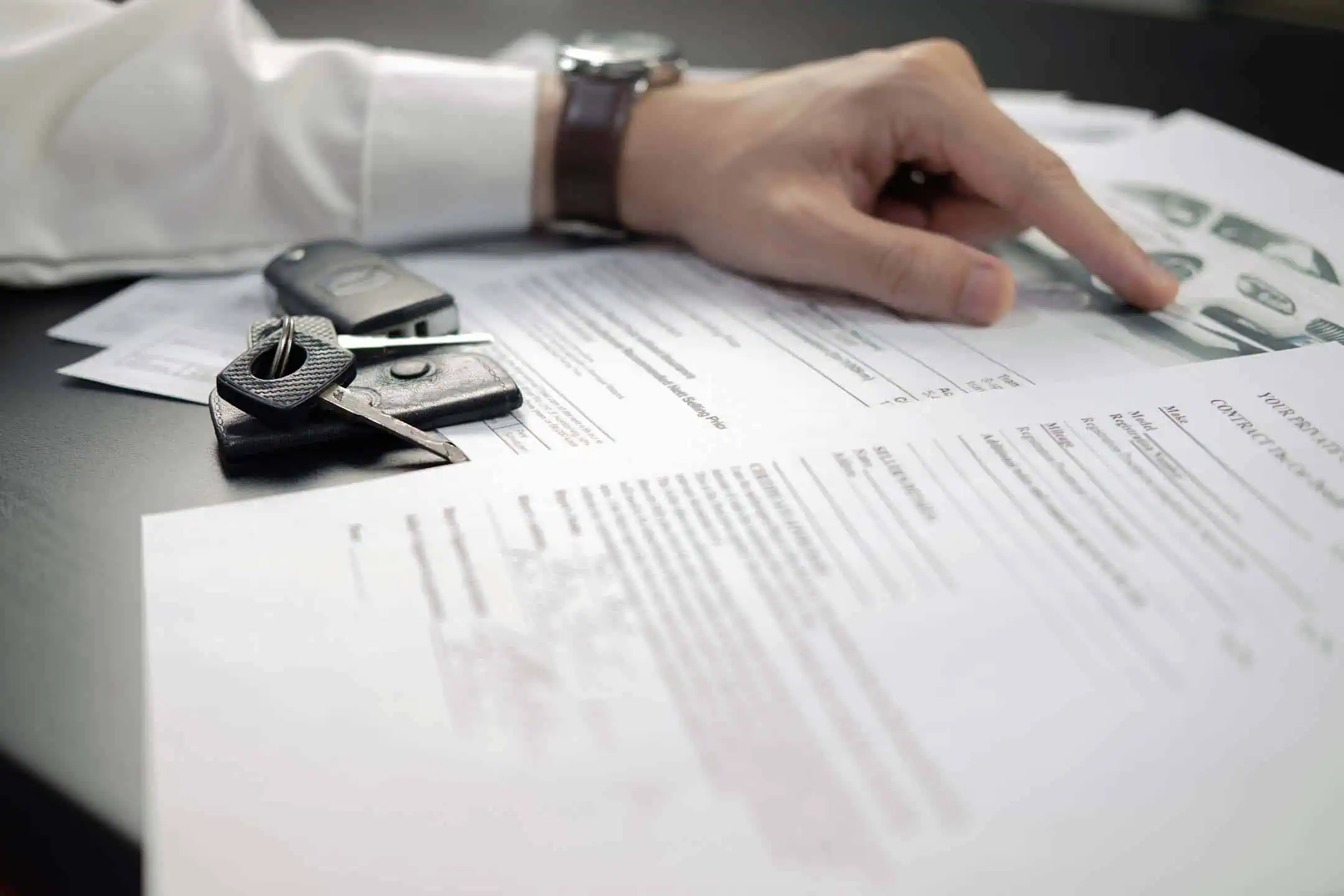
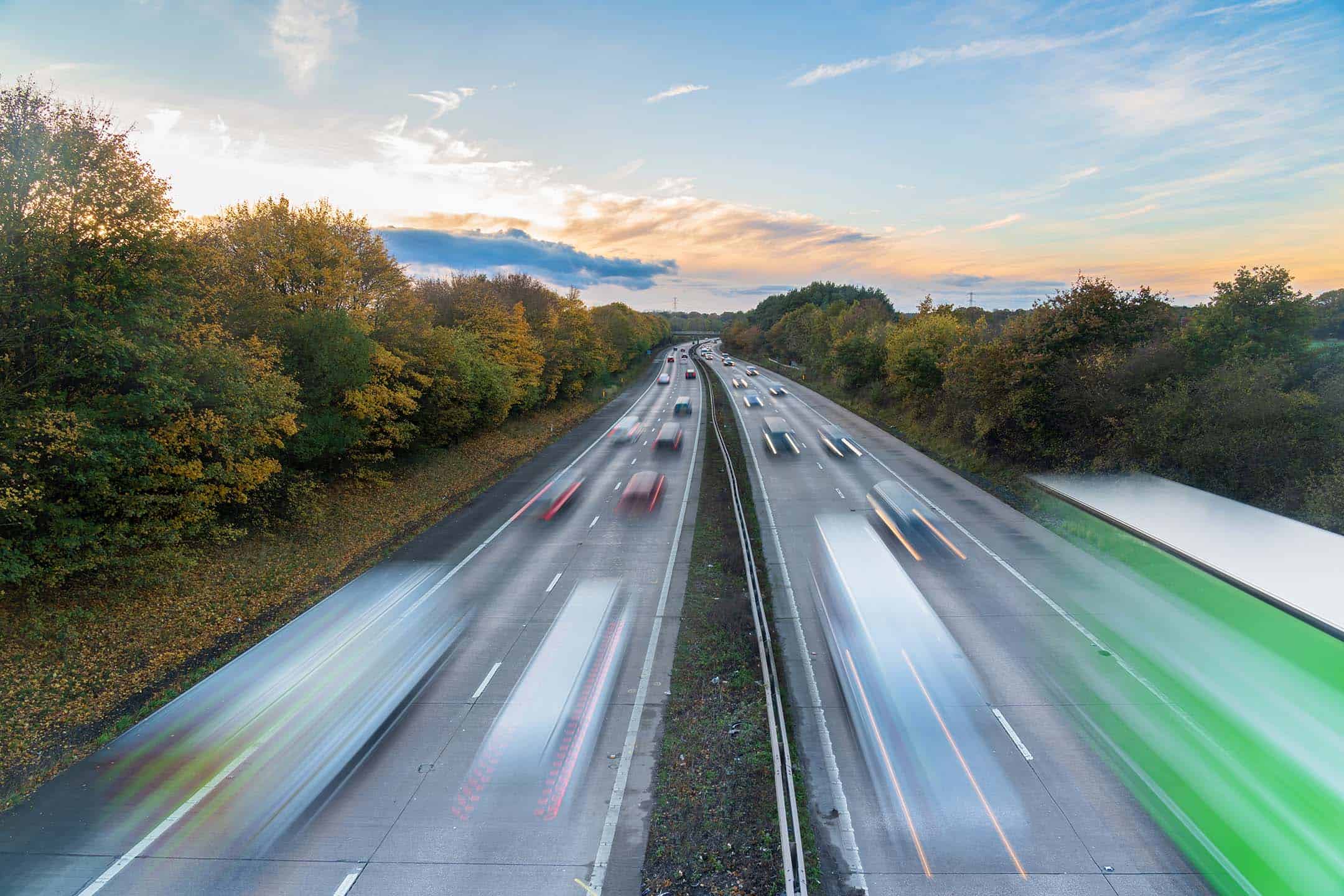
What happens at the end of a personal contract purchase (PCP) agreement?
A personal contract purchase (PCP) agreement works differently from HP as it gives you options. You don’t necessarily have to become the car’s legal owner when the agreement ends. Instead, you can choose to return it, buy it by paying the one-off balloon payment, or trade it in as a deposit in a new deal.
If you return the car
So, you’ve decided to return the car when your PCP deal ends. Maybe it wasn’t the best fit for your lifestyle, you can’t afford to buy it, or you’re simply ready for a change.
If you choose to go down this route, it’s considered good practice to let the lender know in advance. They’ll usually want to book a time to collect the car and carry out an inspection.
Before they come and collect, it’s always worth cleaning the car inside and out, collating all the relevant paperwork, and ensuring you know where the spare keys are.
During the lender’s inspection, they’ll check whether there’s any damage on the vehicle that goes beyond standard wear and tear. The number of scratches and scuffs they’ll accept will usually depend on the car’s age, the length of your agreement, and your agreed mileage. You might be charged extra if they find more serious damage.
Once the inspection is complete, you’ll need to sign to say you accept the findings. Consider checking your car into a local garage before returning it if you know repairs need to be completed, as this could save you money in the long run.
If you buy the car
Ready to become the car’s legal owner at the end of your PCP deal? If you can’t imagine letting go of your pride and joy, you can buy it, but you’ll need to pay the one-off balloon payment first.
Your balloon payment is agreed upon at the start of your term and is based on the amount the lender thinks your car will be worth. It’s also known as the Guaranteed Minimum Future Value (GMFV).
Depending on the car, its predicted rate of depreciation, and the length of your loan term, the balloon payment could total a few thousand pounds. If you can’t afford to pay out that amount in one go, you might be eligible for a refinance loan to spread the cost over time.
If you trade in the car
A car bought on PCP can only be traded in and used as a deposit in a new deal if it’s in positive equity. This means the car’s actual value is more than the GMFV or balloon payment. The difference between these two figures can serve as a deposit.
In some cases, your car might be worth less than the GMFV. It’s all down to the depreciation rate – the speed at which the vehicle loses value – which can be unpredictable. If you find yourself in this situation – known as being in negative equity – it’s usually better to return the car to the lender and walk away.
What happens at the end of a personal car loan?
With a personal car loan, things are flipped on their head. Instead of waiting until the end of the loan term to own the car, you’ll be its legal owner as soon as you use the money to pay the dealer.
The only requirement (in most cases) is that you keep up with your monthly repayments. You can also modify or sell the car at any time.
When the personal loan term ends, it will be marked as repaid on your credit report.
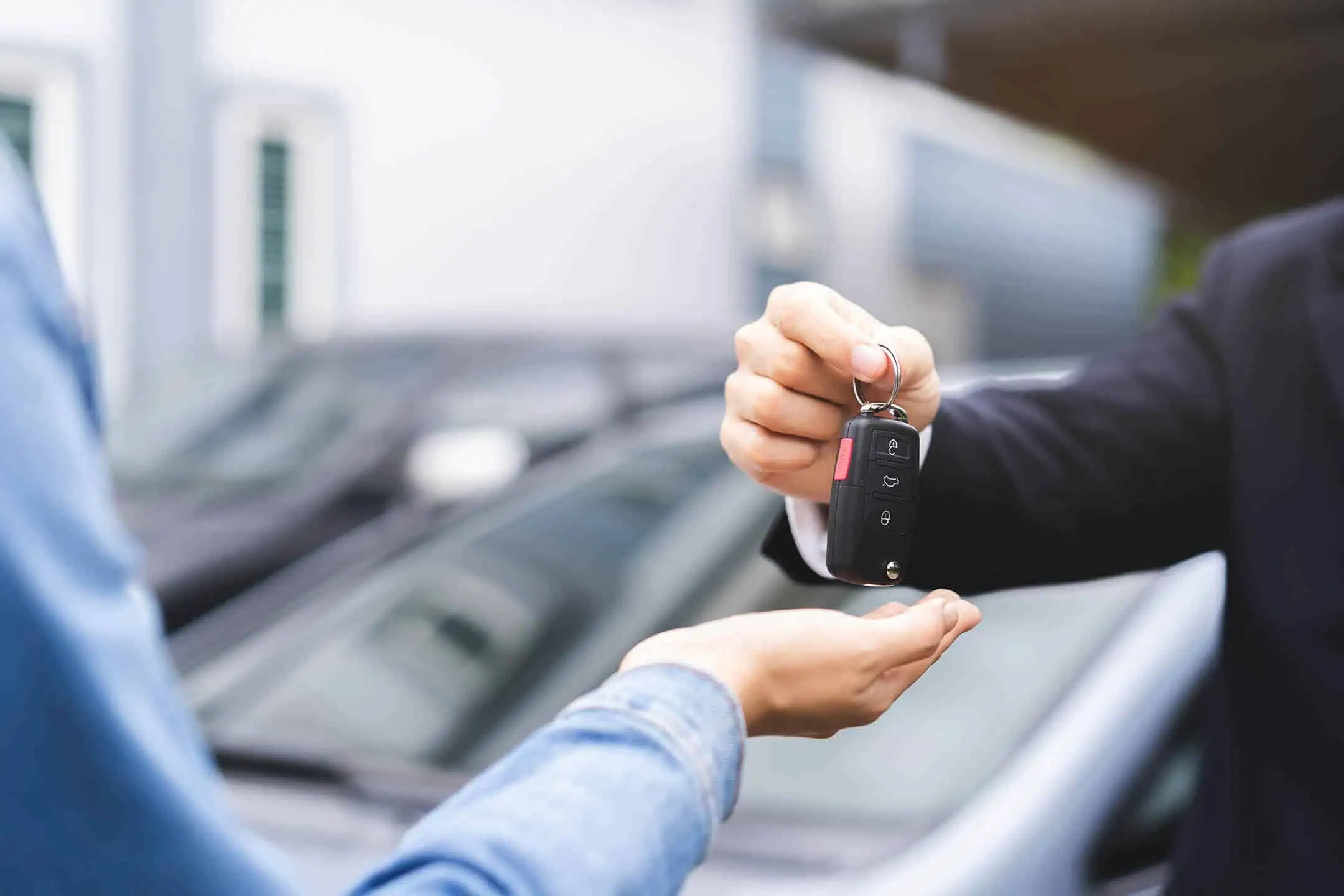
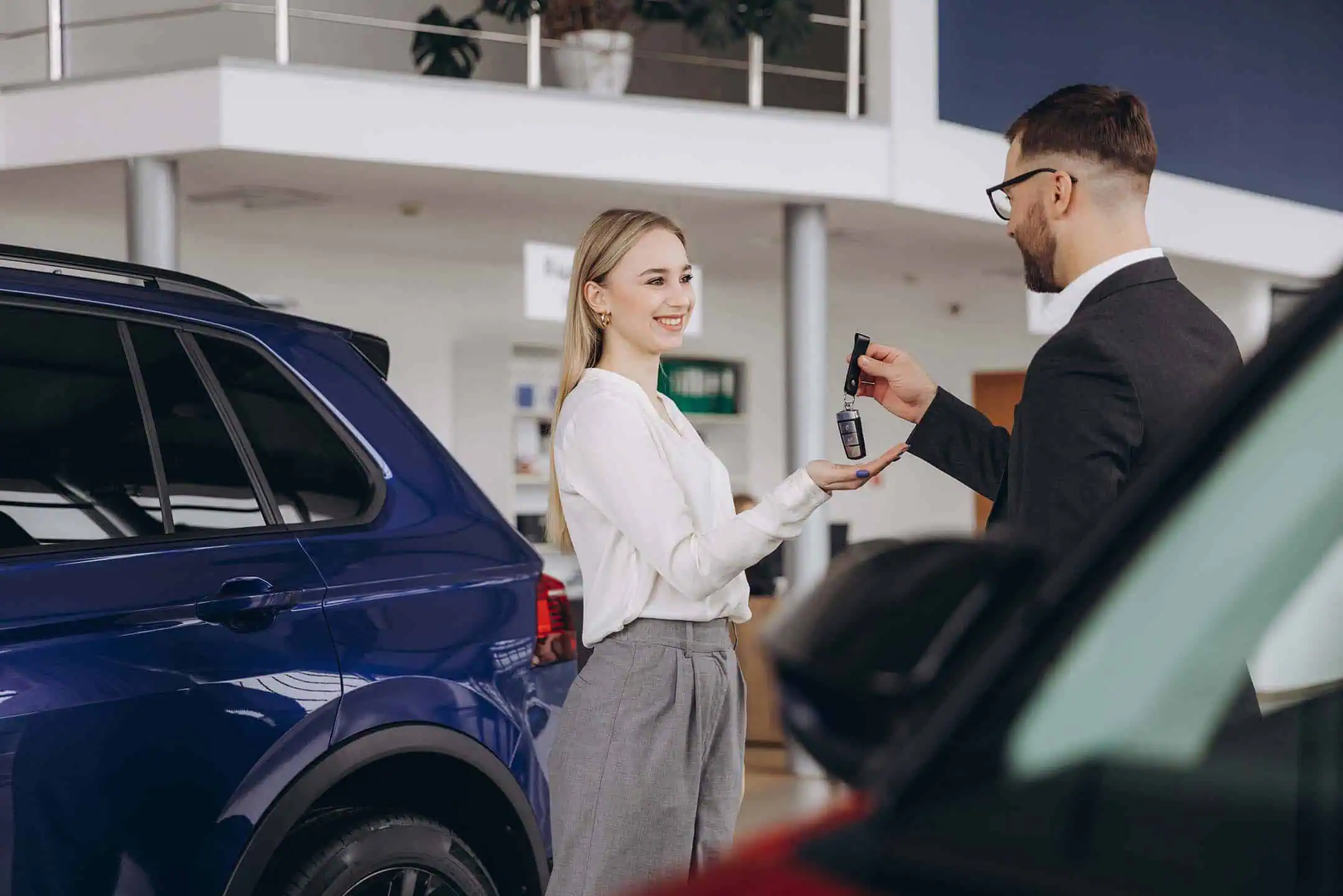
Will I own the car at the end of the agreement?
If you’ve made all your monthly repayments on time, you’ll become the car’s legal owner at the end of both an HP and personal car loan agreement. An additional Option to Purchase fee might apply with HP car finance to cover the cost of transferring ownership to your name.
In a PCP deal, you won’t own the car when the agreement ends unless you choose to pay the balloon payment. You could pay this outright or take out a refinance loan to split the cost into affordable chunks.
With a PCH deal, you’ll likely never own the car. While some lease companies will make their cars available to purchase at the end of a lease, this isn’t guaranteed. Instead, you’ll need to either extend the term or hand the car back.
